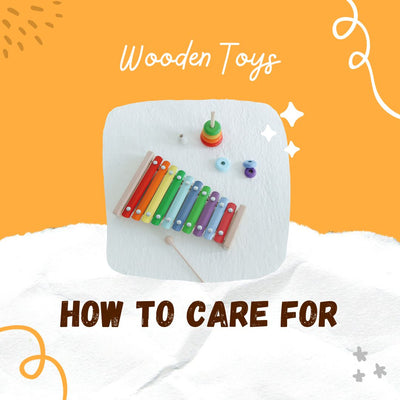In the world of early childhood development, play is an essential tool that aids in the cognitive, emotional, and social growth of toddlers and young children. Creating a farm-themed play experience not only captivates their imagination but also introduces them to the wonders of farm life, fostering a sense of connection with nature and animals. Let's dive into the details of organising a farm-themed play for toddlers and kids that promises a delightful blend of education and entertainment.
-
Setting the Stage:
Begin by transforming the play area into a vibrant farm scene. Use hay bales, colourful cutouts of barns, and farm animals, along with some faux grass to create a visually stimulating environment. Consider incorporating farm-related sounds like animal noises, tractors, and birdsong to enhance the immersive experience.
-
Dress the Part:
Encourage children to embrace the farm theme by providing costumes such as overalls, cowboy hats, and rubber boots. This not only adds a layer of authenticity to the play but also sparks their creativity as they step into the shoes of little farmers.
-
Farm Animal Friends:
Introduce a variety of plush farm animals to the play area. From fluffy chicks to cuddly lambs, these toys allow children to explore different textures, practice naming animals, and even engage in imaginative storytelling. Arrange the animals in a petting zoo-like setting for a hands-on experience.
-
Vegetable Patch Sensory Play:
Create a mini vegetable patch using soft, sensory-friendly materials like coloured rice or shredded paper. Hide small toy vegetables for the children to discover as they dig and explore. This activity not only enhances their fine motor skills but also introduces them to the concept of gardening.
-
Farmyard Art and Crafts:
Set up an arts and crafts station where kids can express their creativity. Provide materials to make simple farm-themed crafts such as paper plate animals, straw paintings, or even potato stamping. This allows them to hone their artistic skills while reinforcing their understanding of farm life.
-
Farm-to-Table Pretend Play:
Set up a pretend play area with a mini farmstand, complete with toy fruits, vegetables, and cash registers. This encourages social interaction and role-playing as kids take on the roles of farmers, customers, and cashiers. Incorporate simple math concepts by assigning prices to different items.
-
Scavenger Hunt on the Farm:
Organise a scavenger hunt by hiding small farm-related items around the play area. Provide each child with a basket and a list of items to find, encouraging them to explore and discover. This activity not only promotes problem-solving but also enhances their observational skills.
-
Story time on the Haystack:
Create a cozy reading nook with hay bales and blankets, where kids can enjoy farm-themed storybooks. Choose tales that revolve around farm adventures, animal friendships, and the cycle of planting and harvesting. This quiet corner allows them to unwind and develop a love for reading.
-
Farmyard Games:
Organise simple games like "Farmyard Freeze Dance" where kids dance to music and freeze when it stops, or "Animal Charades" where they act out different farm animals. These activities not only promote physical activity but also reinforce vocabulary and social skills.
-
Harvest Celebration:
Conclude the farm-themed play with a harvest celebration. Allow kids to gather the "harvest" from their vegetable patch and exchange it at the farm stand for small treats or stickers. This reinforces the concept of reaping the rewards of hard work and introduces them to the joy of sharing.
A farm-themed play for toddlers and kids provides a holistic learning experience that combines sensory exploration, imaginative play, and cognitive development. By immersing children in the enchanting world of farm life, caregivers and educators can foster a love for nature, animals, and learning in a fun and engaging way. As the little farmers tend to their imaginary crops and interact with their plush animal friends, they are not just playing—they are sowing the seeds of knowledge and growth.





